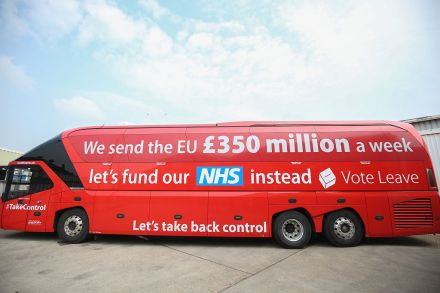Watch: Beast of Bolsover takes Theresa May to task
Theresa May is having a hard time in the Commons on all sides but the most outspoken attack has come from a typical suspect. Step forward, Dennis Skinner. The Beast of Bolsover took the PM to task for delaying the Brexit vote, saying that by doing so she had handed over power to Brussels: ‘Mrs Thatcher had a word for it. What she has done today: F – R – I – T. She’s frit.’ Mr S is pleased to see that Skinner appears to have found some common ground with the Iron Lady…



















